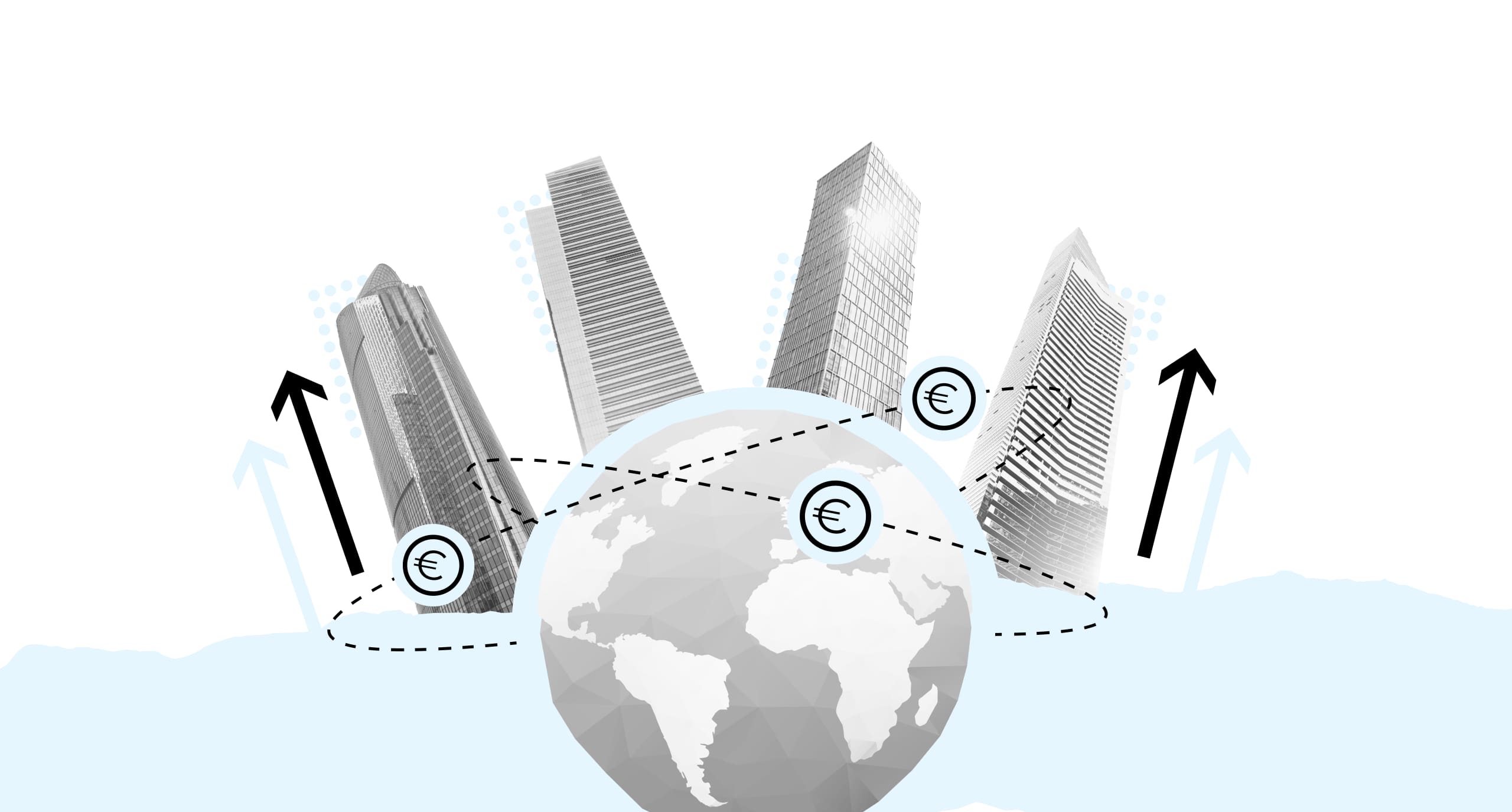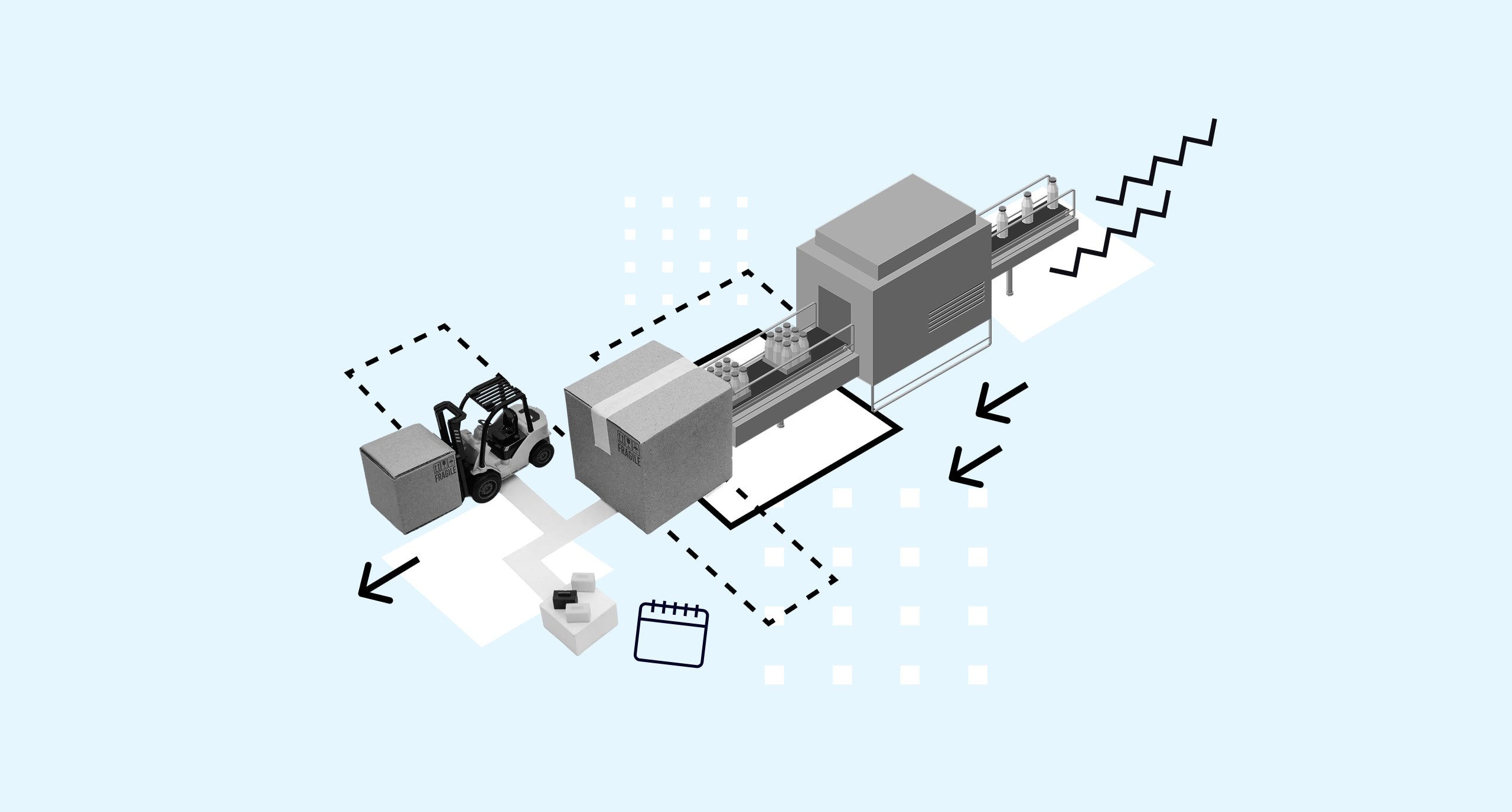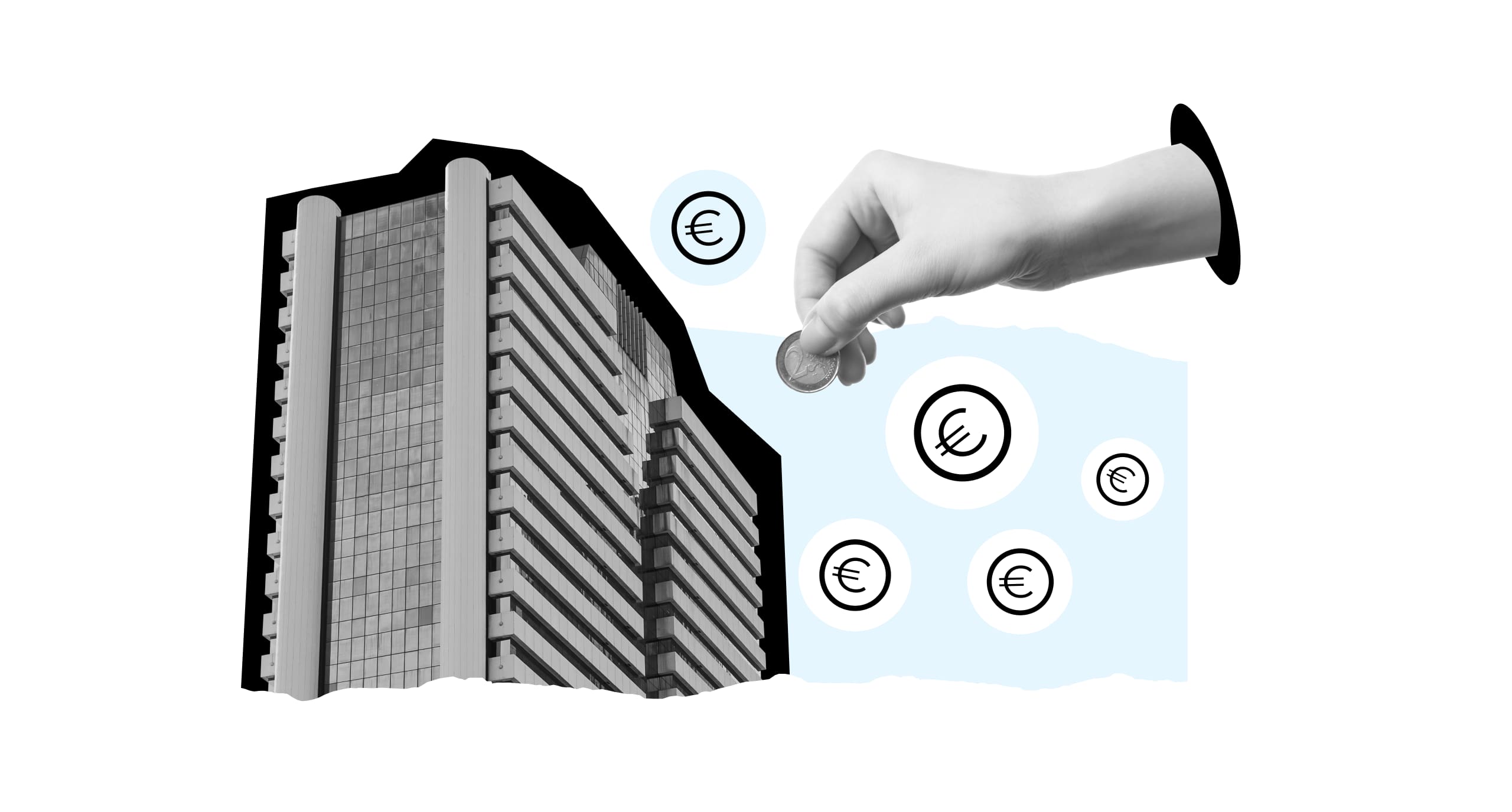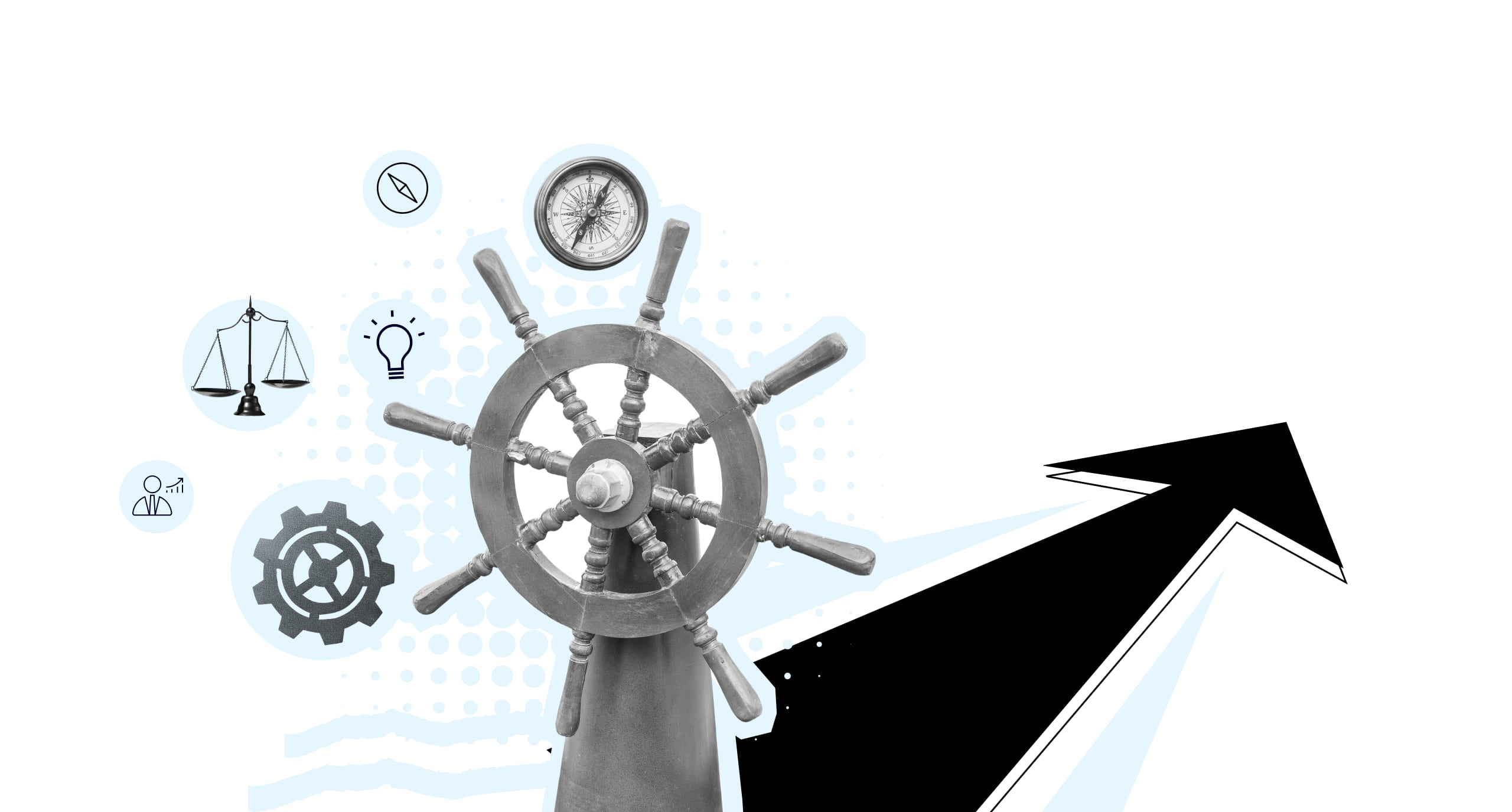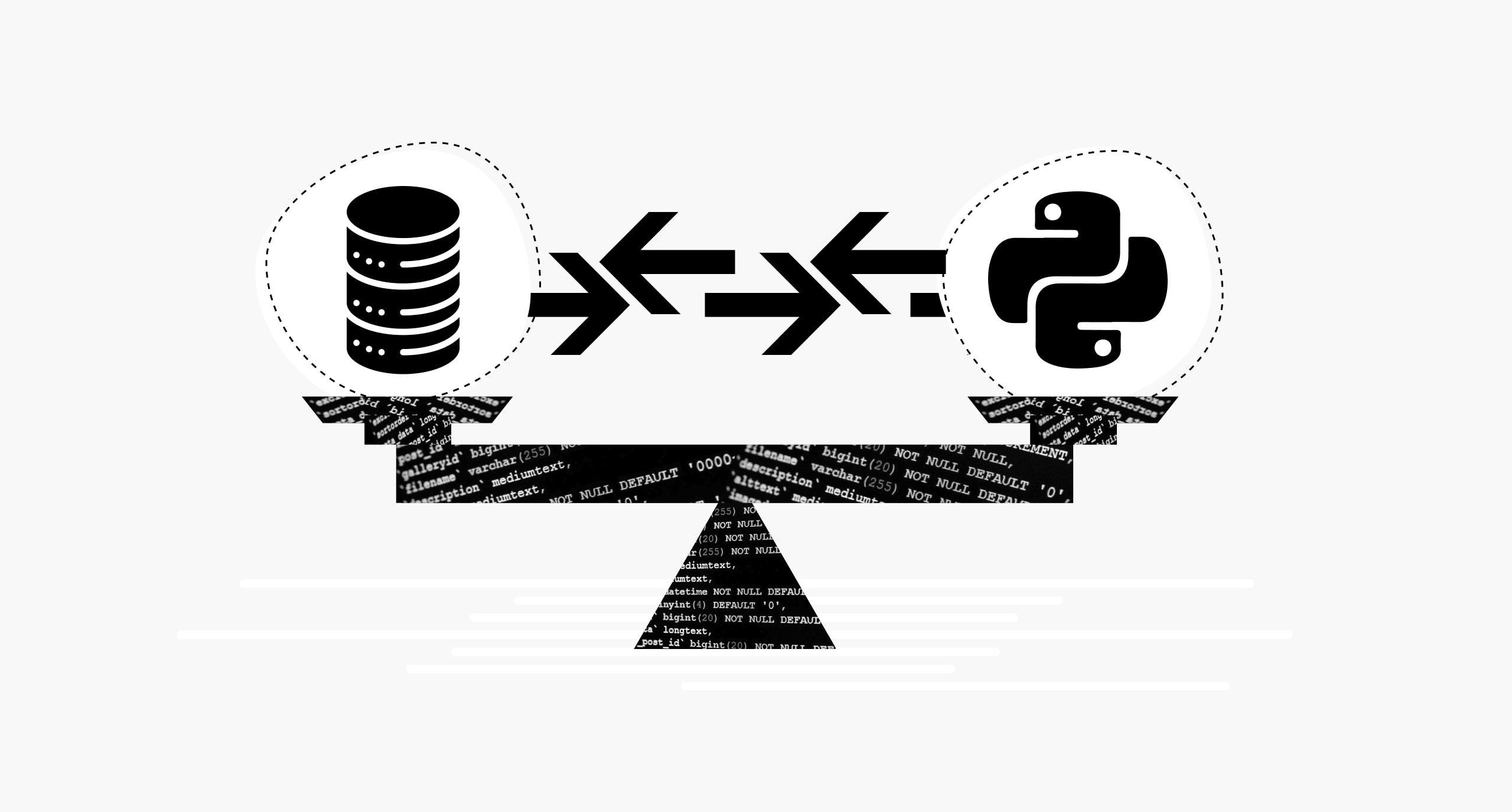The news is true—startups are no longer the only up-and-comers. Now, they’re looking enviously toward a more successful, more mature colleague: The scaleup.
But what is a scaleup, you ask? Fear not. Throughout this article, we’ll take a comprehensive look at scaleup definitions, the differences between startups and scaleups, and some of the best places in Europe to grow your fledgling business.
Let’s get into it.
What is a scaleup?
So, a quick scaleup definition. Scaleups are companies in the next phase of growth beyond startups. They’re characterized by expansion, with an annual growth rate exceeding 20% in terms of employee number and turnover. Scaling up means you’ve moved beyond initial markets—a vital step for household names like Uber, WeWork, Epic Games and Wallapop.
The OECD says you need at least 10 employees to earn scaleup status. You’ll also need a scalable business model and a focus on long-term sustainability.
South Summit is one of Europe’s major conferences that supports turning startups into scaleups.

We’re already seeing the scaleup model gaining traction on a global scale—like in the US, Israel, China and the UK. However, there’s still a way to go here in Europe. This comparative shortcoming is set to be tackled by various EU policies that support scaleup growth. We’ll discuss that shortly.
The differences between startups and scaleups
Still confused about the differences between startups and scaleups? No problem. “Scaleup” is a relatively new term, and it’s with good reason—entrepreneurs have harnessed new tech in a way that’s propelled their startups at an unprecedented rate. As such, a new term was needed to define companies at that intermediate level of growth.
Startups, on the one hand, are characterized by innovation. They work across different sectors to provide fresh solutions. And startups differ from small and medium-sized enterprises (SMEs) because of their broader reach and lower operational costs.
Scaleups, on the other, have mature, profitable products or services. Their business models are built on insights that have been gathered over time, thus making them scalable. Rather than relying on third-party investor “business angels”, scaleups attract investment from larger companies. The allure of rapid growth and increased revenue is a big pull for startups that want to transition into scaleups.
What is the scaleup scene like in Europe?
The scaleup scene in Europe has work to do. It comes down to excessive bureaucracy and red tape, which means startups with keener ambitions tend to move abroad. If you’ve heard anything about the innovation gap between the EU and the US—that’s why. But the EU Startup and Scaleup Strategy is actively trying to bridge the distance.
The EU’s strategy is designed with significant input from Enrico Letta, Dean of IE School of Politics, Economics & Global Affairs. It strives to position Europe as a leading destination for launching and growing technology-driven companies. By leveraging the potential of Europe’s internal market, innovative companies will be able to scale within the EU and compete on a global stage. The EU will then be able to attract top talent and investments to become major players in the sectors and tech that matters.
The strategy is made up of five key actions.
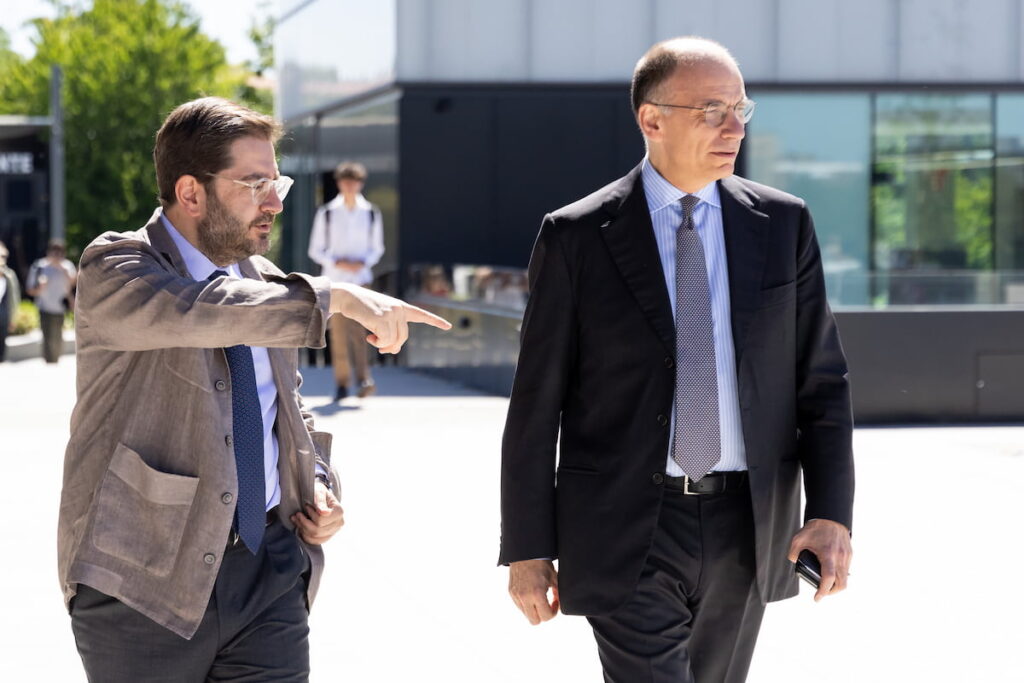
These actions include a European Startup and Scaleup Scoreboard to assess performance against global competitors. This will be created via annual surveys and reports on strategy implementation throughout the journey to 2027. The European Innovation Council Forum will monitor progress, with focus areas like fostering an innovation-friendly environment, improving financing through initiatives like the Scaleup Europe Fund, and supporting startups in market uptake and expansion via projects like the Lab-to-Unicorn initiative.
Additionally, attracting and retaining top talent is a priority, with the Blue Carpet initiative promoting better opportunities for founders, researchers, students and skilled professionals. The strategy also aims to improve infrastructure, networks and services.
What are the best cities to scale up your business in Europe?
For those Euro-fanatics hoping to scale up on the continent, we’ve compiled a few debriefs on the major cities to do so. What’s more, we’ve beefed up these guides with insights from the South Summit Roadshow, a leading startup convention organized in conjunction with IE University.
Scaling up in Madrid

Madrid’s startup scene is thriving. Key sectors like tech, fintech, healthtech and renewable energy are seeing rapid expansion. Accelerators like SeedRocket, Wayra and Google are helping drive change. But the city itself also offers diverse funding options, attractive tax incentives, affordable living and coworking spaces. You also have a highly skilled workforce at hand due to an abundance of talent coming out of IE University and other top schools. Madrid’s transport and digital infrastructure makes rapid growth possible, along with major conventions like South Summit making it a hotspot for networking.
Scaling up in Milan
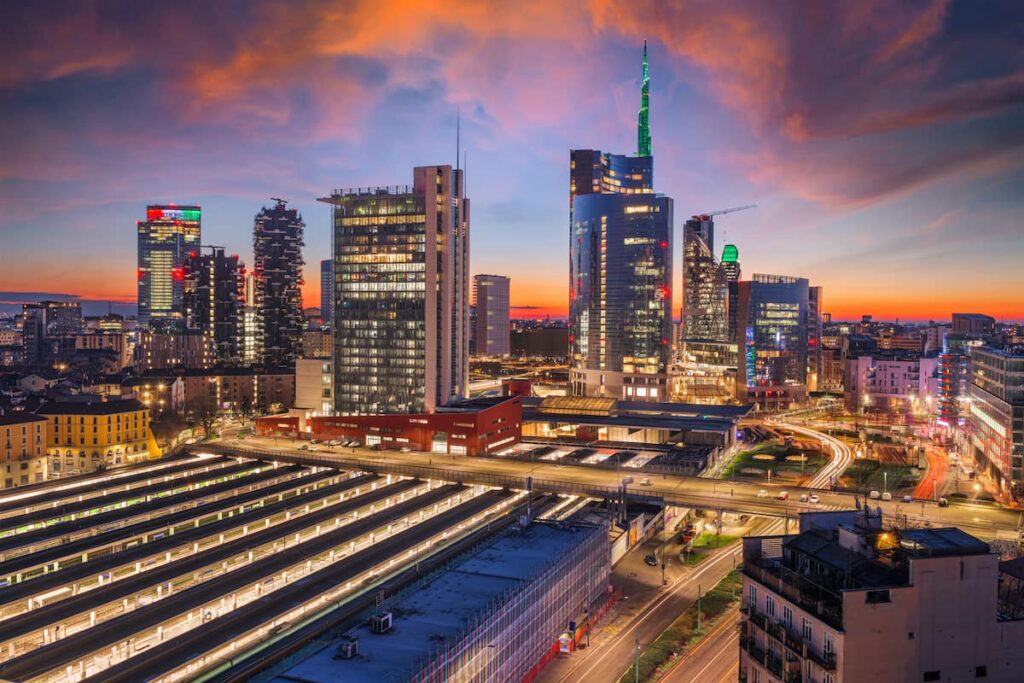
Milan’s startup scene is growing quickly, with a strong focus on fintech, sustainability, digital health and fashion tech. The city is home to successful companies like Scalapay and Satispay, as well as innovative startups such as Contents.ai, Ephos, Foreverland, and Qomodo, which are attracting notable funding and pushing the boundaries of technology. Supported by a talented workforce and investor-friendly policies, Milan is becoming a major global hub for high-growth startups and scaleups. It combines tradition with innovation and is establishing itself as a lively center for business and tech innovation.
According to Niccolò Sanarico, General Partner at Primo Digital, the ventures of young Italians abroad are nourishing the ecosystem back home: “The good thing is that there is a lot of Italian talent going to work in startups abroad and then coming back to work in Italy.”
Lidia Pieri, Co-Founder & CEO at Sibylla Biotech in Milan, offers this advice to scaleup hopefuls: “Focus, motivation, and willingness to adapt are the biggest lessons I’ve learned as a founder. It’s not always a given that people adapt to change.”
Scaling up in Oslo
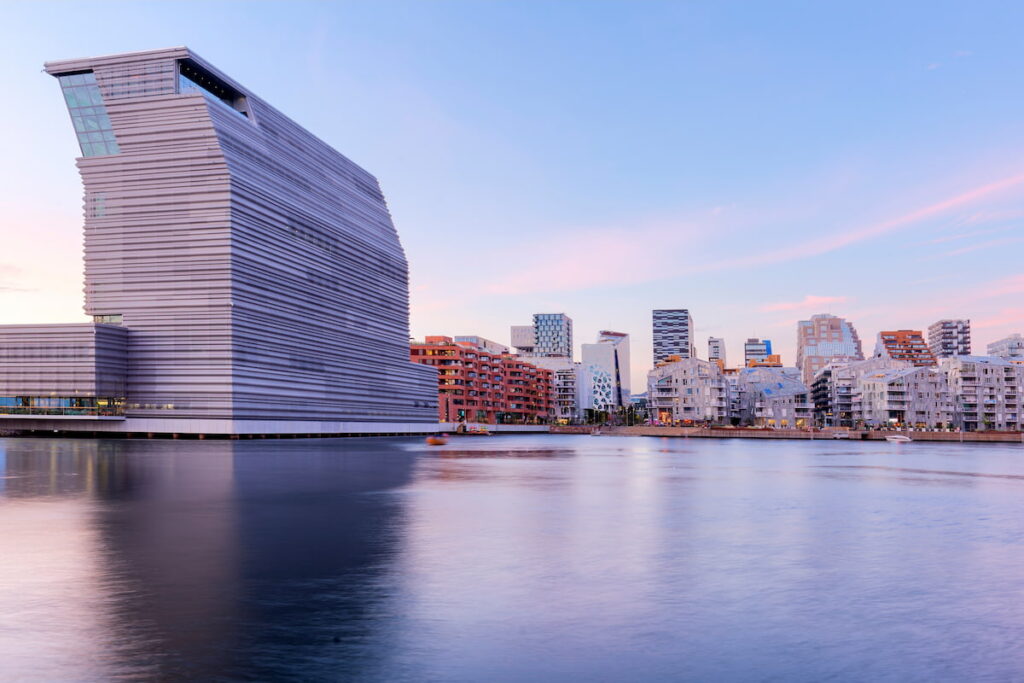
Oslo’s startup scene is backed by a varied innovation ecosystem. This includes industry networks, incubators, accelerators, research institutions and coworking spaces. Since 2015, over $4.7 billion has been invested in Oslo startups and scaleups. This has driven growth in renewable energy, ocean tech, ed tech and health tech. Oslo’s community has over 50 innovation hubs with support from universities, public sector organizations and investors.
During South Summit’s recent trip to Oslo, Eilin Schjetne, Founder & CEO at HILI explained the cultural benefits that have supercharged Oslo’s startup/scaleup scene: “When establishing a company, you need to have the experience, you need to have the network, you need to do the right things and strategize well. But you should also start by thinking big. We didn’t start in Norway alone; we started across all the Nordic countries.”
Alfred Bjorlo, Member of Parliament in Norway, agrees that the Norwegian mindset has been a big advantage: “In Norway, we’ve done a great job of getting the most out of our oil and gas resources, and we are one of the richest countries in the world in this sense. But we are lagging behind in the new economy, especially in the tech space.”
Scaling up in Brussels
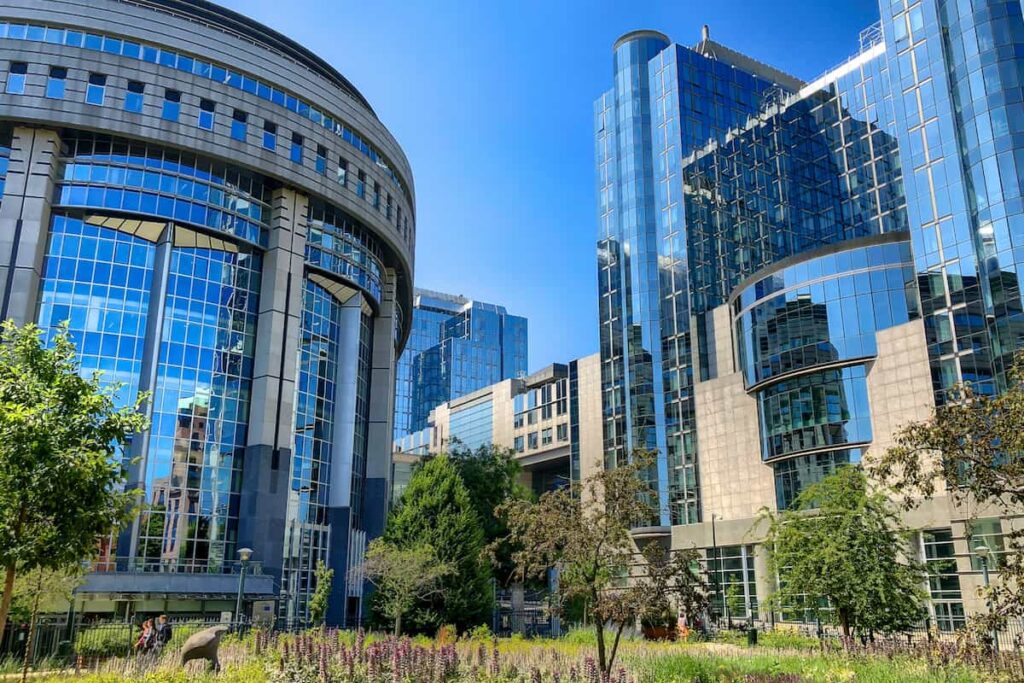
Brussels has emerged as a major European tech hub. It’s all thanks to their strategic location, a multilingual workforce, and strong government incentives. Successful startups like Showpad, Deliverect, and Odoo are leading the way—with some reaching unicorn status—while nearby cities like Ghent and Antwerp are helping drive innovation. Key sectors include AI, IoT, and cybersecurity.
During South Summit’s time in Brussels, we heard from two impressive Belgian businessmen: Stijn Christiaens, co-founder and Chief Data Officer at Collibra, and Zhong Xu, co-founder and CEO at Deliverect. During their talk “Scaleup Lessons Learned”, Zhong advised against rash decisions: “If the market’s not there, don’t force it. You have to wait until the market is there and the product is there. Then, when you gain some traction, you have to double down.”
Stijn, meanwhile, explained the importance of agility when acting on a business idea: “When you think of the concept of pivoting, you think of a beautiful ballerina making a quick turn in a matter of seconds. But for us [at Collibra], that pivot took a year. But if I could go back in time and not have that pivot, I wouldn’t do it. The main message there is to have that stubbornness, but also the openness to navigate hard conversations for months on end.”
Scaling up in London

London’s no longer part of the EU, though it’s still a top startup hub. This is thanks to its strategic location and strong European ties. Its scene is fueled by $20 billion in VC investment in 2022 and over 25,000 new tech companies. Key accelerators like Entrepreneur First and Founders Factory connect to leading investors such as Seedcamp, Balderton, and Andreessen Horowitz. With world-class universities like Imperial and UCL, London produces top talent and spin-outs. The city offers peerless access to capital, talent and community.
Henry Mason, Partner at Dawn Capital, provided some insights on the investments in the UK capital during the South Summit Roadshow: “Sometimes, entrepreneurs don’t want help from their investors; they don’t want a backseat driver. In those cases, we often give founders a sort of a-la-carte menu of things we could do, and have done with other startups, and then leave the rest up to them.”
We’ll round out this article with some sage advice from JC Glancy, Founder at ZenBusiness: “What does it take to succeed in the startup ecosystem? “The first is total passion for what you’re doing. Doing something you love will get you through the dark days. And number two is resilience—mental, physical, and emotional.”
Enhance your scaleup plans with IE Business School
Go beyond your perceived limits with a world-class education.

Benjamin is the editor of Uncover IE. His writing is featured in the LAMDA Verse and Prose Anthology Vol. 19, The Primer and Moonflake Press. Benjamin provided translation for “FalseStuff: La Muerte de las Musas”, winner of Best Theatre Show at the Max Awards 2024.
Benjamin was shortlisted for the Bristol Old Vic Open Sessions 2016 and the Alpine Fellowship Writing Prize 2023.


